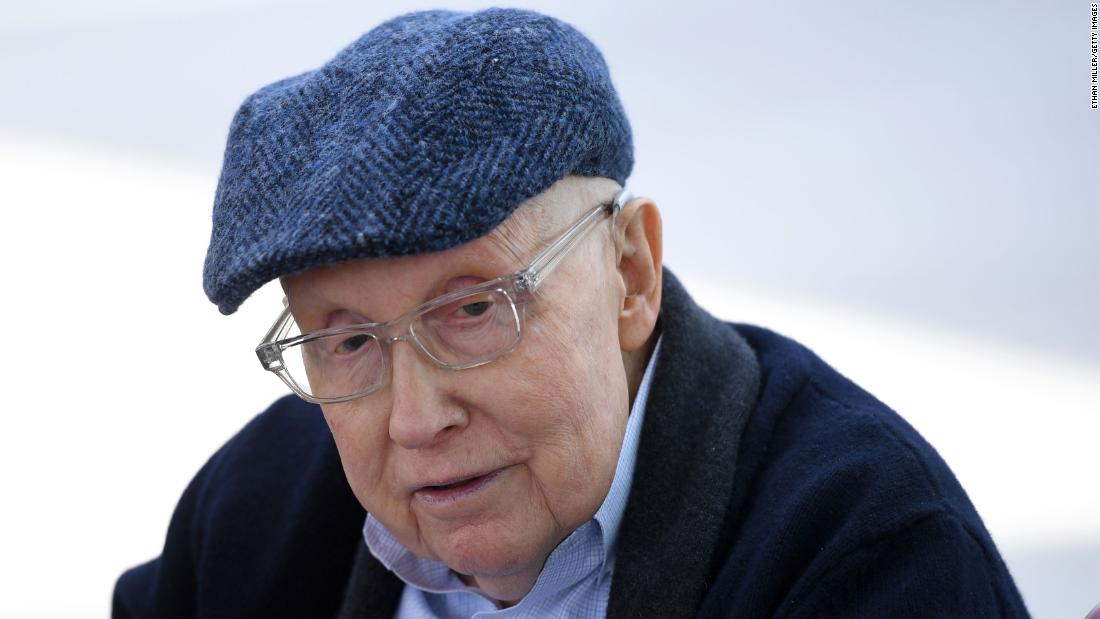
Why? Because it was Reid, more so than any other senator in the modern era, who opened the door to eliminating that most sacrosanct of Senate traditions: the need to get 60 votes to end unlimited debate on any piece of legislation.
Back in 2013, frustrated by Senate Republicans’ blockade of then-President Barack Obama’s judicial nominees, Reid changed the filibuster rules to not apply to federal judgeships below the Supreme Court level.
In the near term, the change allowed him (and Obama) to get a bunch of judges confirmed.
But, after Republicans took over the Senate, new leader Mitch McConnell announced he was getting rid of the filibuster on judges at the Supreme Court level too.
Which, in turn, led to President Donald Trump nominating — and the Republican-led Senate confirming — three new Supreme Court justices over the past four years, judges who almost certainly would not have been able to make the previous 60-vote hurdle.
Reid, in short, opened Pandora’s box when it came to the filibuster. In an interview with CNN’s Dana Bash two years ago, Reid expressed no remorse for the impact of his 2013 decision.
“The rule had to be changed,” he told Bash. “We had many Cabinet officers and sub-Cabinet officers simply we couldn’t get a vote on. And the judges, more than 100 vacancies there, waiting to be filled, that we’d already had the names. So I have no doubt that I did the right thing.”
Right or wrong is a worthy debate when it comes to Reid’s move. But what can’t be debated is that his move ushered in an era in which the filibuster appears to be teetering on the edge of irrelevance.
It’s not likely that this latest push to change the filibuster to a simple majority when it comes to voting rights legislation will succeed. West Virginia Sen. Joe Manchin and Arizona Sen. Kyrsten Sinema, both Democrats, have said in the past that they won’t vote to eliminate the filibuster — and it seems odd that they would change their views now.
That said, Reid’s move in 2013 appears to have set a doomsday clock for the filibuster. It’s not totally clear — at least to me — when that clock eventually hits zero but it is increasingly obvious that the filibuster’s time is limited.
The Point: Reid will go down in history as the man who triggered the beginning of the end of the filibuster. Good thing? Bad thing? Depends on where you stand on how Congress should work (and not work).



